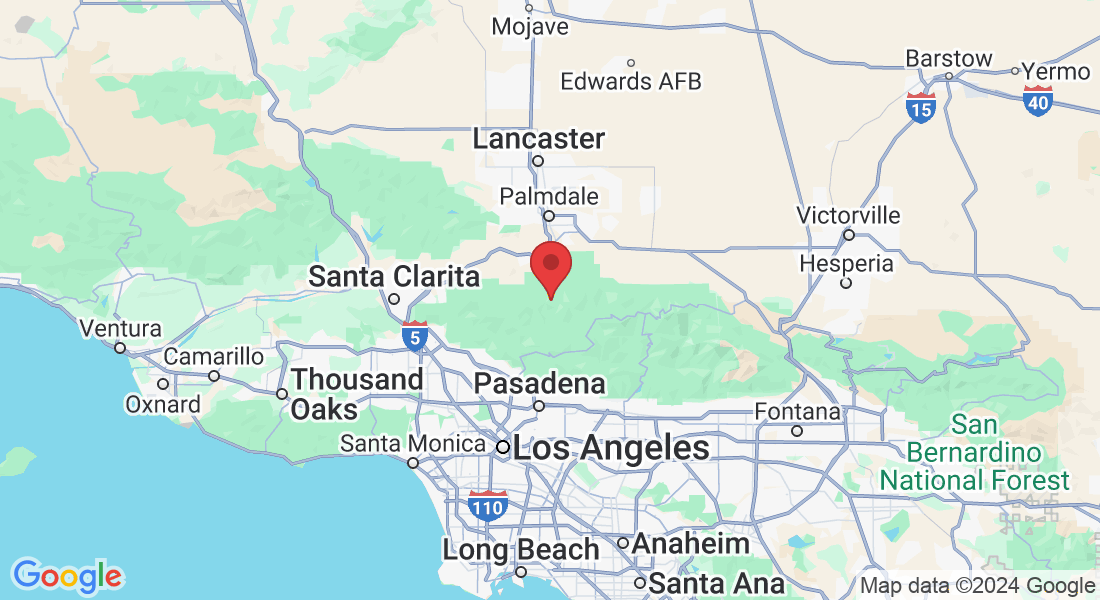Catering
Unlock Exceptional Catering Services
Find Your Best Local Caterers Now!
Discover top-notch local catering services tailored to your needs!
Find quality, convenience, and reliability—locate the best local caterer near you today for superior results!
Agoura Hills
Bel Air
Beverly Hills
Beverlywood
Calabasas
Canoga Park
Century City
Chatsworth
Culver City
Echo Park
Encino
Huntington Park
Inglewood
Koreatown
La Cañada Flintridge
La Crescenta
Los Angeles
Malibu
Marina del Rey
Monterey Park
North Hollywood
Pacoima
Pasadena
Reseda
San Fernando
Santa Clarita
Santa Monica
Shadow Hills
Sherman Oaks
Studio City
Sun Valley
Sylmar
Tarzana
Universal City
Valley Village
West Hollywood
Westwood
Winnetka
How to Choose the Right Caterer for Your Event
Define Your Event’s Needs
Before you start searching for a catering company, it's important to have a clear understanding of your event’s specific requirements. Here are some aspects to consider:
- Event Type: The nature of your event will influence the type of catering you need. For instance, a formal wedding may require a multi-course meal, while a casual birthday party might be better suited to a buffet or food stations.
- Guest Count: Knowing the approximate number of guests is essential for both budgeting and planning purposes. Caterers will need this information to provide accurate quotes and suggest appropriate menu options.
- Venue: The location of your event can impact the logistics of catering. Some venues have restrictions on external caterers, while others may have kitchen facilities that caterers can use. Ensure you know the venue’s policies and whether it has any specific requirements for catering companies.
- Budget: Determine your budget for catering early in the planning process. This will help you narrow down your options and avoid wasting time on caterers that are outside your price range.
- Service Style: Consider the style of service you want—plated meals, buffet, family-style, or food stations. Each has its advantages and will create a different atmosphere at your event.
Research Catering Companies
Once you have a clear understanding of your event’s needs, it’s time to start researching potential catering companies. Here are some tips for conducting effective research:
- Ask for Recommendations: Word of mouth is one of the most reliable ways to find a good caterer. Ask friends, family, or colleagues who have recently hosted events for recommendations. You can also ask your event planner or venue for a list of preferred caterers.
- Online Reviews and Testimonials: Check online review platforms like Yelp, Google, and social media to see what past clients have to say about the caterers you’re considering. Pay attention to both positive and negative reviews, and look for patterns in the feedback.
- Browse Caterers’ Websites: Visit the websites of the catering companies you’re interested in to get a sense of their offerings, style, and professionalism. Many caterers showcase sample menus, photos of past events, and client testimonials on their sites.
- Check Credentials: Ensure that the catering company is licensed and insured. Licensing guarantees that the caterer adheres to local health and safety regulations, while insurance protects both you and the caterer in case of any accidents or damages during the event.
Evaluate the Caterer’s Experience and Expertise
When narrowing down your list of potential caterers, consider their experience and expertise in handling events similar to yours. Here’s what to look for:
- Specialization: Some caterers specialize in certain types of events, such as weddings, corporate functions, or large-scale events. Choose a caterer with experience in the specific type of event you’re planning.
- Menu Flexibility: A good caterer should offer a variety of menu options and be willing to customize the menu to suit your preferences, dietary restrictions, and the theme of your event. Ask if they can accommodate special requests, such as vegan, gluten-free, or culturally specific dishes.
- Service Capabilities: Determine if the caterer can provide the level of service you need, whether it’s full-service catering with waitstaff, bartenders, and event coordination, or simply delivering the food. Some caterers also offer additional services like rentals (tables, chairs, linens), floral arrangements, and decor.
- Experience with Your Venue: If the caterer has experience working at your chosen venue, it’s a bonus. They’ll be familiar with the layout, kitchen facilities, and any venue-specific regulations, which can streamline the planning process.
Schedule Tastings
One of the most important steps in choosing a catering company is scheduling a tasting. A tasting allows you to sample the caterer’s food and evaluate its quality, presentation, and flavor. Here’s how to make the most of your tasting:
- Come Prepared: Bring a list of dishes you’d like to try, along with any specific dietary requirements or preferences. If you have a theme or vision for the menu, share it with the caterer so they can create dishes that align with your ideas.
- Evaluate Presentation: Pay attention to how the food is presented during the tasting. The presentation should be visually appealing and align with the style of your event.
- Consider Service: If the tasting is held at the caterer’s venue or kitchen, observe how the staff interacts with you. Are they professional, attentive, and courteous? This interaction can give you a sense of the level of service you can expect at your event.
- Trust Your Instincts: Taste is subjective, so trust your instincts when evaluating the food. If you’re not impressed with the quality or flavor, it’s a sign to keep looking.
Review Contracts and Pricing
Once you’ve found a caterer whose food and service you love, it’s time to discuss the details of the contract and pricing. Here’s what to consider:
- Detailed Quote: Request a detailed quote that breaks down all costs, including food, beverages, staffing, rentals, service fees, taxes, and gratuities. This transparency will help you understand what you’re paying for and avoid any unexpected charges.
- Payment Terms: Review the payment schedule and terms. Many caterers require a deposit to secure the date, with the balance due closer to the event. Ensure you’re comfortable with the payment terms and deadlines.
- Cancellation Policy: Understand the caterer’s cancellation policy, including any fees or penalties for canceling or rescheduling the event. This is especially important in case of unforeseen circumstances.
- Contract Terms: Carefully review the contract terms, including the scope of services, menu details, staffing, and any additional services provided. Make sure everything you’ve discussed is included in the contract, and don’t hesitate to ask for clarification if anything is unclear.
Communicate Clearly and Maintain Regular Contact
Effective communication is key to a successful catering experience. Once you’ve signed the contract, maintain regular contact with your caterer to ensure everything is on track. Here’s how to keep the lines of communication open:
- Point of Contact: Establish a primary point of contact at the catering company who will be responsible for overseeing your event. This could be an event coordinator, manager, or the caterer themselves.
- Final Details Meeting: Schedule a meeting with the caterer a few weeks before the event to finalize all details, including the menu, timeline, setup, and staffing. This is also a good time to confirm guest count and any last-minute changes.
- On-Site Visit: If possible, arrange a site visit with the caterer at your event venue. This allows them to assess the space, plan the setup, and address any logistical challenges.
- Day-of Contact: Ensure you have a designated contact person who will be present on the day of the event to manage the catering team and handle any issues that may arise.
Assessing the Caterer’s Service During the Event
The true test of a catering company’s quality is how they perform on the day of your event. Here’s what to look for:
- Punctuality: The catering team should arrive on time and be fully prepared to set up according to the agreed-upon timeline. Any delays can disrupt the flow of your event.
- Professionalism: Observe the demeanor and appearance of the catering staff. They should be well-groomed, courteous, and attentive to your guests’ needs. Professionalism also extends to how they handle any challenges or unexpected situations during the event.
- Quality of Food: The food should be served at the appropriate temperature, with consistent quality and presentation as promised during the tasting.
- Cleanliness: The catering team should maintain a clean and organized setup throughout the event, including the food service area, dining tables, and kitchen (if applicable).
- Responsiveness: A good caterer is responsive to any last-minute requests or changes during the event. Their ability to adapt and accommodate your needs will contribute to the overall success of your event.

